The Council of experts in electronic medical records appraisal chaired by Associate Professor, Dr. Tran Quy Tuong, Chairman of the Vietnam Medical Informatics Association, listened to reports, inspected the information technology infrastructure, conducted field surveys in many departments and highly appreciated the outstanding information technology application initiatives of Duc Giang General Hospital such as: Appointment booking system via switchboard, return of online test results via SMS; kiosk to get queue number and look up information; cashless online payment using dynamic QR code; smart drug dispensing, inpatient drug distribution; application of electronic signature, linking image archiving and transmission system (PACS)...
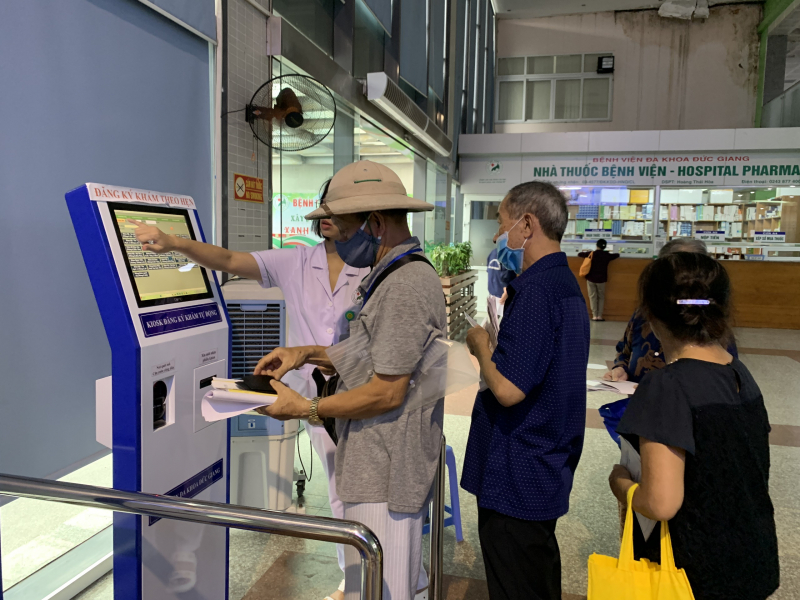
The assessment results show that the information technology system of Duc Giang General Hospital fully meets the criteria of infrastructure, security, information safety, HIS, PACS, LIS systems and is especially qualified to deploy electronic medical records.
Duc Giang General Hospital is officially qualified to deploy electronic medical records and will completely replace paper medical records from October 1.
Before implementing electronic medical records, Duc Giang General Hospital was the leading hospital in the capital in applying information technology in digital transformation, digitizing medical examination and treatment processes and hospital management. 97% of inpatients pay online while sitting at their beds. 90% of X-ray films no longer need to be printed. The average time for medical examination and treatment has been reduced by 50%, to only 1.5 hours. Digital transformation has brought benefits to thousands of patients every day.
The hospital has implemented appointment scheduling to help patients avoid waiting, reducing the overload at the hospital. To ensure timely reception and examination, the hospital has built an "online reception" list with a 3-in-1 integration into the hospital's HIS network system. The hospital calls the implementation of this smart medical examination model the "airplane cabin" model. Patients make an appointment similar to booking a plane ticket, choosing a specialty, and an examination time. After arriving at the hospital, people do not have to queue or get a number, but just need to swipe the code to go straight to the doctor's room, all information is available on the system.
For chronic outpatient records, hospitals no longer have to store records as before. Instead of nurses having to spend time going to the warehouse, looking for patient codes, and taking out records to give to doctors, doctors can now directly view medical records on the HIS software.
If a test is required, instead of printed out appointment forms, given to patients to fold and wait for their names to be called, now patients only need to bring their QR code, and the medical staff in the paraclinical room will know what the patient needs to do. The digital results will be reported to the patient's phone message and the hospital management software (HIS) for the doctor to update and conclude.
At the end of the examination, while the patient is doing his financial obligations at the examination table, the pharmacy has already received the prescription and taken the medicine waiting for the patient. The application of information technology helps the preparation of medicine to start immediately after receiving the prescription from the clinic.
According to the leader of Duc Giang General Hospital, the smart drug dispensing solution has been implemented for an average of 700-780 prescriptions/day, shortening the time to dispense drugs from 6.4 minutes to 62.8 seconds; there is no more jostling and congestion at the drug dispensing counter; and completely eliminating the need to queue at the counter.
Thanks to appointment scheduling, instead of 80% of examinations being done in the morning, the ratio of morning to afternoon examinations is now 45:55. Outpatients who undergo blood tests, X-rays, ultrasounds, electrocardiograms, endoscopy, etc. will spend a total of 1.5 hours instead of more than 3 hours as before.
After the examination, patients leave with only a prescription slip and are scheduled for the next follow-up appointment. To help patients remember their appointment, since 2020, the hospital has proactively sent appointment reminders and called one day before the appointment. Patients only need to arrive 15 minutes in advance to register for the examination. If they need to change their appointment, just call the hospital's customer service center. On average, the hospital reminds about 900 patients a day.
The results from digital transformation have helped thousands of patients benefit, saving thousands of sheets of paper from printing prescriptions, results, and films.
Hanoi has 42 public hospitals and 48 non-public hospitals, so far 26 public hospitals and 8 private hospitals have implemented electronic medical records. In order for the remaining hospitals to complete electronic medical records as required by the Ministry of Health , the Department of Health previously asked hospital leaders to sign a commitment on the progress of implementing electronic medical records at their units. The commitment signing activity demonstrates the high determination and consensus of medical facilities in implementing the goal of comprehensive digital transformation of the Hanoi health sector.
Source: https://cand.com.vn/y-te/chuyen-doi-so-giup-nguoi-benh-duoc-huong-loi-i781786/





![[Photo] National Assembly Chairman Tran Thanh Man attends the first plenary session of AIPA-46](https://vphoto.vietnam.vn/thumb/1200x675/vietnam/resource/IMAGE/2025/9/18/4593de8b5fb349d7a3da4b5de7faccf6)

![[Photo] Prime Minister Pham Minh Chinh receives IMF Deputy Managing Director Kenji Okamura](https://vphoto.vietnam.vn/thumb/1200x675/vietnam/resource/IMAGE/2025/9/18/bc66071867d8445288972497f498990c)





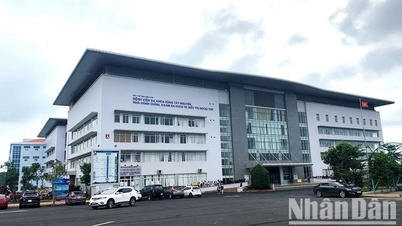
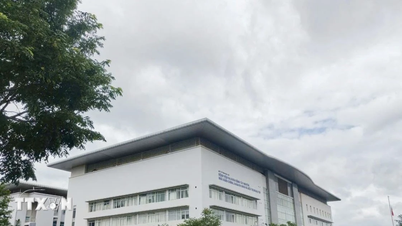














![[Photo] National Assembly Chairman Tran Thanh Man begins attending AIPA-46 activities](https://vphoto.vietnam.vn/thumb/1200x675/vietnam/resource/IMAGE/2025/9/18/73487ff8ed57412eab9211273946c14d)


![[Photo] Inside the Imperial Academy relic of Hue Citadel before the hundred billion dollar restoration](https://vphoto.vietnam.vn/thumb/1200x675/vietnam/resource/IMAGE/2025/9/18/77fd186af68341b1a8bffd072fa896a6)

























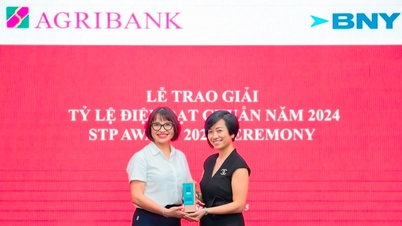


















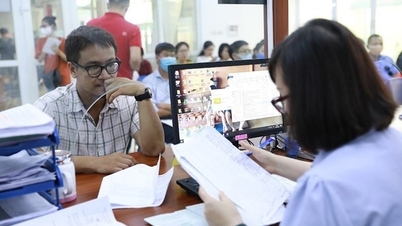

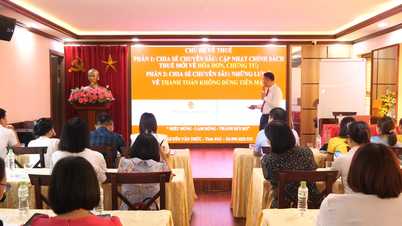
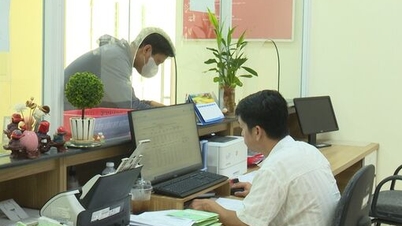
















Comment (0)